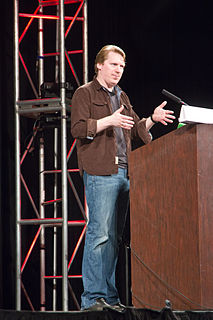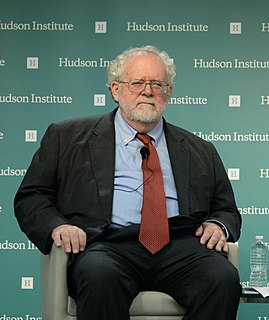A Quote by Khaled Hosseini
I have been involved with the UN refugee agency for a few years now, and we have done events to speak about refugees, focusing more and more on the situation with Afghan refugees.
Related Quotes
And yet, over the years I've met so many people like Jared who seem to be more at home, happier, living in a country on of their birth. ... Not political refugees, escaping a repressing regime, nor economic refugees, crossing a border in search of a better-paying job. The are hedonic refugees, moving to a new land, a new culture, because they are happier there. Usually hedonic refugees have an ephiphany, a moment of great clarity when they realize, beyond a doubt, that they were born in the wrong country.
Now people are criticizing Europe, the European Commission, Juncker and the whole lot because the distribution of refugees didn't succeed immediately. But you also have to recognize that close to 20,000 refugees have already been redistributed. There are only a few member states that do not want to take part.
When food becomes scarce, refugees often turn to desperate measures to feed themselves and their families. We are particularly worried about the health of the refugee population, domestic violence and refugees resorting to illegal employment or even to prostitution, just to put enough food on the table.
Refugees, especially in their early years, are still caught up in the experience that made them refugees. And they're much more melancholic. They're much more oriented towards the past and towards the country of origin. That can make the process of becoming a part of the new country much more fraught for them.
The refugees are not only going to be a demand on the country's resources, but also the refugees raise the possibility that the countries that they're going to are themselves not as stable as the citizens would like, I think. We're all just one catastrophe away from ending up as a refugee, and we don't want to be reminded of that.
The United States has already experienced the danger of flawed refugee vetting as well as the potential for refugees to be radicalized once they are here. In 2011, two Iraqi refugees were arrested in Kentucky for conspiracy to kill U.S. nationals abroad in support of al-Qaeda in Iraq, the predecessor to ISIL.
How do we solve the problem by allowing a number of refugees to return to Israel, allowing a number of refugees to return to the Palestinian state, and allowing a number of refugees to settle, with general compensation, where they want to settle? It is not an abstract problem. It involves four million human beings, and more than fifty years of various sorts of misery. But it is not an insolvable problem. It involves some good will, and a readiness to give up historic myths on both sides.
We've been talking about the Syrian refugee crisis a lot, in the news in the U.K. and possibly the U.S., but it isn't the only refugee crisis that is happening at this minute. There's something like 22 million refugees in the world. There are people from Eritrea, Afghanistan, Syria, and so many other places where people are living in complete turmoil.
I never take for granted how lucky I am to be an American and what a privilege it is to spend each day at a nonprofit dedicated to helping the next generation of girls achieve their dreams. My journey, as the daughter of refugees, shows what refugees and the children of refugees can create for all Americans.
Every chance at destabilizing [Bashar] Assad... the bombing campaign causes a flood of refugees into Jordan, there's already half a million in Jordan. I think a bombing campaign - I think it's hard to argue that a U.S. bombing campaign is going to cause less refugees. And I think it causes more refugees and more of a humanitarian disaster. I think it causes, or allows, the risk of Israel being attacked with a gas attack to go up, if we attack Assad. So there's all kinds of bad things.





































